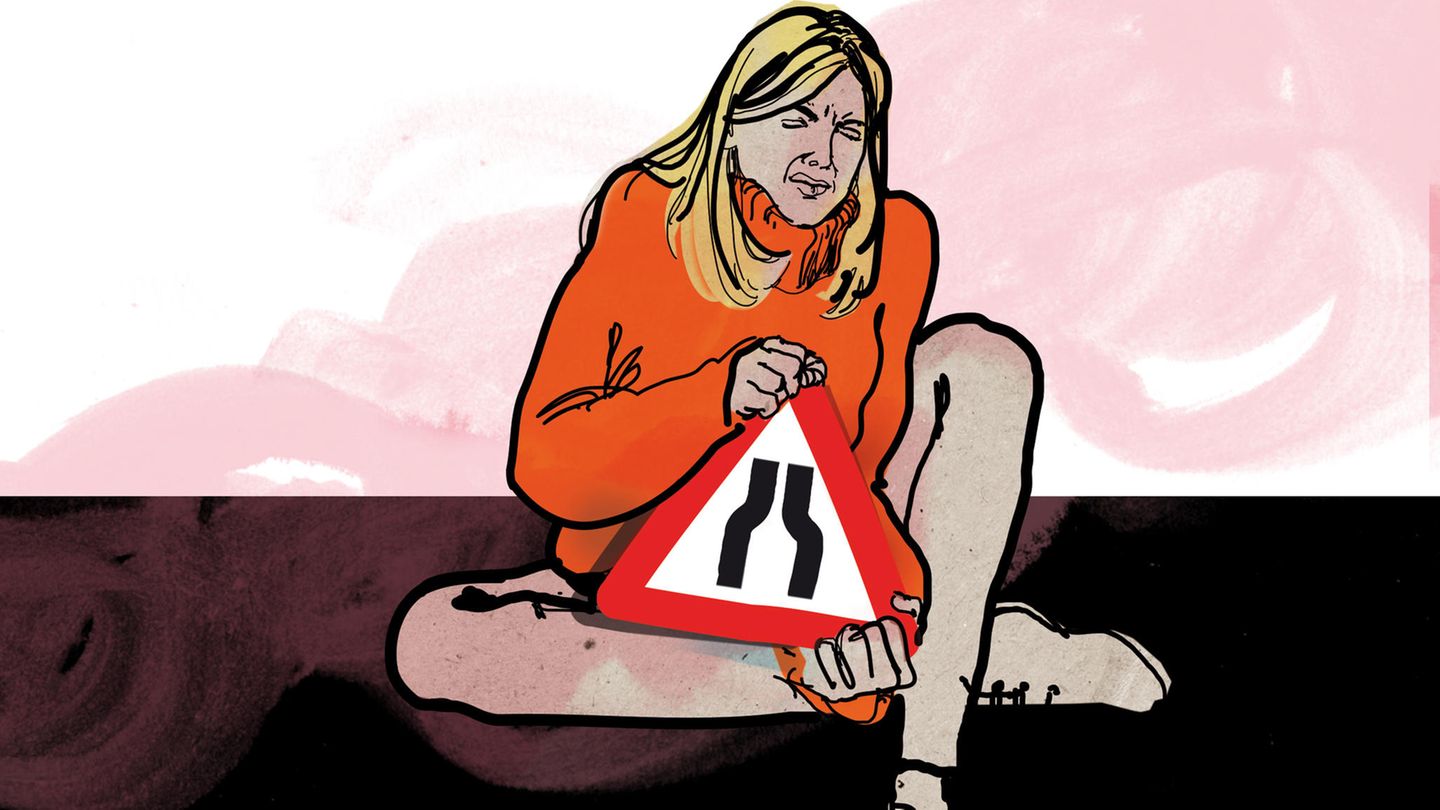The energy crisis caused by the Russian war of aggression has further fueled plans to build new nuclear reactors. Nuclear phase-outs that have already been decided have been postponed. Austria, which has been considered one of the greatest opponents of nuclear power in Europe for years, has little tailwind in its difficult battle.
France is the driving force behind nuclear power advocates. The country currently covers 70 percent of its energy needs with nuclear energy. The construction of six additional nuclear reactors by 2035 is planned, another eight nuclear reactors could follow. Austria’s eastern neighbors Hungary, the Czech Republic, Slovakia and Slovenia as well as Croatia, Bulgaria, Romania and Finland are also clear supporters of nuclear power. In all of these countries – except Croatia – there are plans to build new reactors. The states argue with the need for nuclear energy as an affordable, stable and independent source of energy, which is also CO2-neutral.
14 EU countries rely on nuclear power
A total of 14 of the 27 EU countries currently rely on nuclear power. Although Croatia does not operate its own nuclear power plant, it is a co-owner of the Krško nuclear power plant in Slovenia. Together, the approximately 110 reactors in operation in the EU produce 765,337 gigawatt hours and thus 26 percent of all electricity produced.
Poland is the 15th country planning to get into nuclear power. The first nuclear reactor is scheduled to go into operation in 2033 and contribute to the energy transition. Coal-fired power plants currently cover around 70 percent of Poland’s electricity needs.
The planned phase-out of nuclear energy in Germany and Belgium was recently postponed against the background of the Ukraine war and increased energy prices. The last three nuclear power plants in Germany should have been shut down at the end of the year. Now they are to continue running until April 15 next year in order to secure the power supply this winter. The Belgian nuclear power plants were originally scheduled to go offline by 2025. To ensure energy security, the Tihange 3 and Doel 4 reactors are now scheduled to continue operating until at least the end of 2035. Last year, around half of Belgium’s electricity production came from nuclear power.
Italy considering going back to nuclear power
In Italy, too, which abandoned nuclear power in 1987, a year after the Chernobyl reactor catastrophe, calls for a return to nuclear power were recently made. The right-wing government that has recently ruled is open to building modern reactors. There are no concrete plans so far. The Italians last rejected the same request in a referendum in 2011.
With its categorical rejection of nuclear power, Austria is quite alone in this situation. Therefore, the government is primarily relying on legal action. In October, Austria filed a complaint with the European Court of Justice (ECJ) against the EU Commission’s plans to classify nuclear energy as sustainable. So far, only Luxembourg has joined the Austrian lawsuit. The majority of EU countries support what is known as the taxonomy regulation, which means that future financial investments in gas and nuclear power will be considered climate-friendly. This should help mobilize the billions needed for climate change and pave the way for the EU to become climate neutral by 2050.
In the past, Austria suffered a defeat before the ECJ with its lawsuit against state aid for the planned British nuclear power plant Hinkley Point C. In 2015, the government asked the ECJ for the EU Commission’s approval for this aid to be declared void. The Court of Justice of the European Union in Luxembourg dismissed the lawsuit in the first instance in 2018, and the judgment was confirmed in 2020 after an objection by Austria. In this procedure, too, Austria was only supported by Luxembourg.
In the case of the expansion of the Hungarian nuclear power plant in Paks, Austria has also brought an action before the ECJ. The verdict is expected on Wednesday, but it is likely that the Paks 2 verdict will be based on that of Hinkley Point.
Austria has also been up in arms against the expansion of nuclear energy in its eastern neighbors for years. The construction of the nuclear power plant in Temelín in the Czech Republic before the eastward expansion of the EU already strained relations between Prague and Vienna. There have also been repeated protests by Austria against the lack of safety standards at the power plants near the border in Bohunice and Mochovce in Slovakia, Dukovany in the Czech Republic, Paks in Hungary and Krško in Slovenia.
After the nuclear disaster in Fukushima, Japan, in 2011, the EU took up the Austrian demand for Europe-wide “stress tests” for nuclear power plants in the European Union. However, Austria was the only EU country not to agree to the 2012 report by the European High-Level Group on Nuclear Safety and Waste Management (ENSREG), and abstained. The report lacks an assessment of the individual nuclear power plants, their deficiencies and problems. In addition, the timetable for the review was too short, the federal government criticized.
In November 2019, Austria, together with Luxembourg, also blocked an agreement on the next EURATOM program worth billions. The reason for the no was that the program said nuclear power was sustainable and could help achieve climate goals. Austria had already blocked the Euratom research program in 2011, but ultimately gave up the resistance after a strengthening of security research was enshrined in the program.
In the government program for 2020, the turquoise-green federal government has committed itself to fighting the “construction and expansion of nuclear power plants in Europe, especially in neighboring countries, using all available political and legal means”. In particular, the commissioning of the Slovakian reactors Mochovce 3 and 4 should be prevented. The strict anti-nuclear course is shared by all parties in Austria. Within Europe, on the other hand, the advocates of nuclear power are in the majority and are happy about a renaissance of nuclear energy.
Source: Nachrichten




